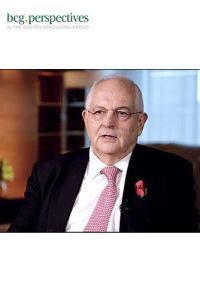Зарегистрируйтесь на getAbstract, чтобы получить доступ к этому краткому изложению.

Зарегистрируйтесь на getAbstract, чтобы получить доступ к этому краткому изложению.
Martin Wolf and Hans-Paul Bürkner
Coping with a Still-Fragile Global Finance System
An Interview with Martin Wolf of the Financial Times
Boston Consulting Group, 2015
Что внутри?
Don’t be lulled into a false sense of security: Despite reforms since the 2008 global crisis, the financial system is still fragile.
Recommendation
According to economics journalist Martin Wolf, the global financial system stands on shaky ground, despite a plethora of post–financial crisis reforms aimed at propping it up. In this frank interview with Boston Consulting Group chairman Hans-Paul Bürkner, Wolf offers his astute opinion on the enduring weakness of the global financial system. Though always politically neutral, getAbstract appreciates Wolf’s reminder of the importance of remaining alert to future crises. Investors, policy makers and industry professionals ought to prepare themselves accordingly.
Summary
About the Speakers
Economics journalist Martin Wolf is the associate editor and chief economics commentator at the Financial Times. Hans-Paul Bürkner is chairman of the Boston Consulting Group.






























Comment on this summary